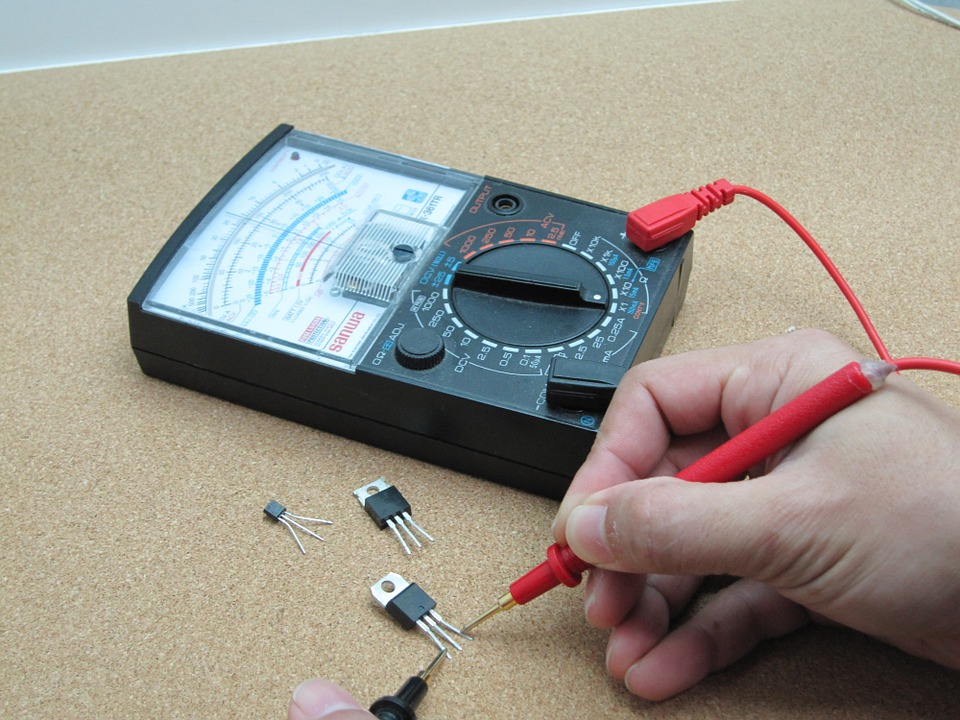
When looking for the best multimeter, one thing can look confusing. Are you looking for an analog or digital unit? They are all but the same and there are a lot of differences involved. Before anything else, you should make up your mind and choose which type of multimeter you need. Here are all of their differences.
Analog multimeters
Analog multimeters are older, simpler and more complicated to use. Basically, all of this summarizes the core of this type. The main difference is in the needle, which will move when you are testing voltage, current or etc. and display a correct value. The bottom part is that an analog multimeter looks and feels more linked with the user.
One of the best-known facts regarding this kind is the low resistance and very high sensitivity. This makes them more complicated to use and more suitable for professionals. In a nutshell, most users of analog multimeters are electricians with decades of experience. They still prefer the needle movement and the ‘’interface’’ analog multimeters can provide.
One, the interesting advantage is in the diode accuracy. When checking the diode, most analog multimeters are more accurate than digital units. This can be explained due to the high sensitivity. Nevertheless, using these units is a bit tricky and far more complicated than the next type we will define.
Digital multimeters
Digital multimeters are far more popular these days. They come in all possible sizes, with different features, and with different designs. The main difference compared to analog units is in the display. All digital models have LCD or LED display which will show the value of the used feature.
Without any doubt, these units are easier to use and they are generally more user-friendly. There are additional safety features which are not available in the first case scenario. We also like the advanced features such as notifications, alerts and etc. All of this is unique to the digital multimeters.
Most users are actually average people who need a multimeter for their home projects or similar processes. On the other hand, digital multimeters are used by many companies these days, so we can deduce that they are more common and more popular than the first type.
We must add that digital multimeters are generally more accurate. After all, a correct value will be displayed on the display. Some new models also come with Bluetooth, which allows you to transfer the data to another device.
While analog multimeters must be tuned over a specific period of time, digital doesn’t. They are always going to be as accurate as possible.
The final word
In the end, all we can say is that digital multimeters are a safer option. They are more affordable, easier to find and more accurate. You won’t have to tune them and they will always stay 100% accurate. Analog models are more focused for users who like this design and this kind of usability. They are also the top choice of those who like analog devices, obviously.


